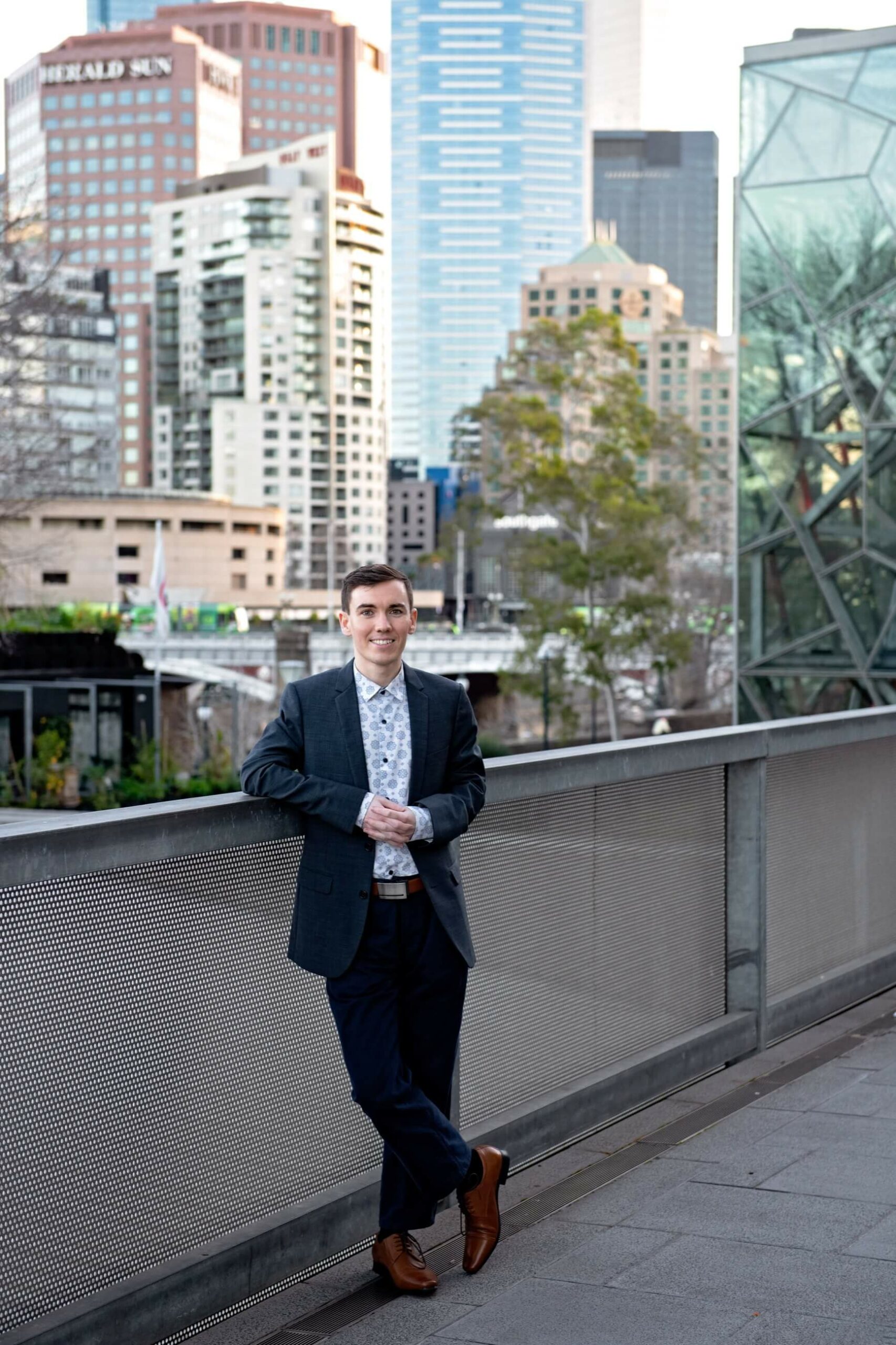An allied health assistant is a healthcare professional who provides support to patients and families in a variety of settings. They may work in hospitals, clinics, or community health centres. Allied health assistants typically have an associate's degree from an accredited program.
The role of an allied health assistant is to provide support to patients and families. This may include providing transportation, scheduling appointments, and providing emotional support. They also play an important role in patient education and discharge planning.
Allied health assistants are an important part of the healthcare team. They play a vital role in supporting patients and families during their time of need.
A childhood allied health assistant helps children with developmental disabilities and chronic health conditions. They work with other allied health professionals, such as occupational therapists and speech pathologists, to provide care for their patients.
Childhood allied health assistants typically have an associate's degree in a field such as child development or psychology.
The duties of a childhood allied health assistant vary depending on the needs of their patients. They may help with activities of daily living, such as bathing and dressing, or they may assist with therapeutic exercises prescribed by a therapist.
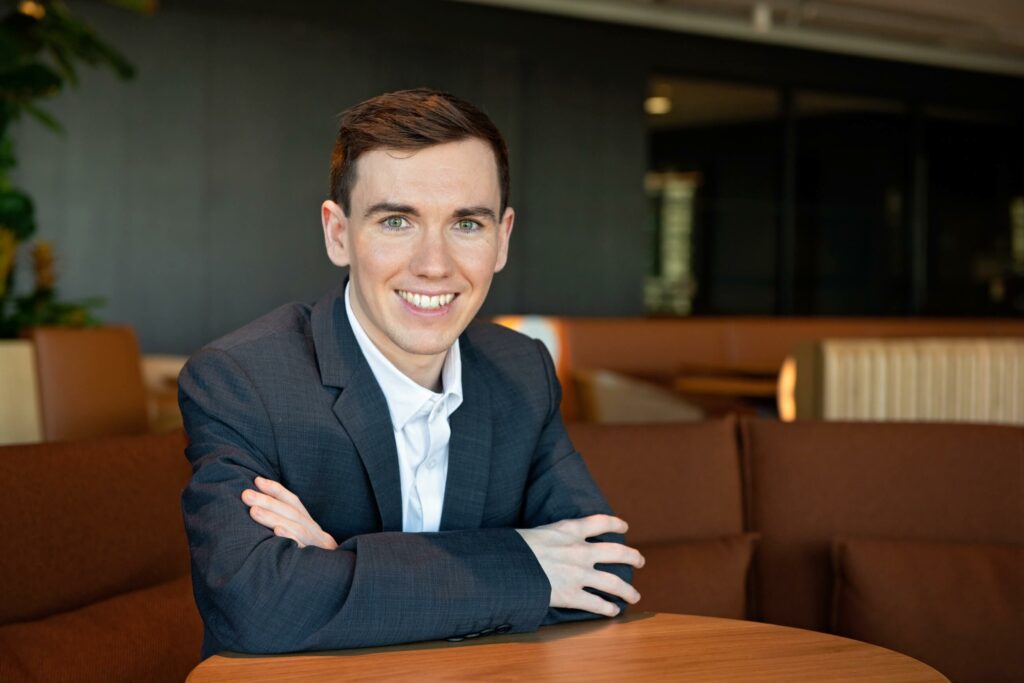
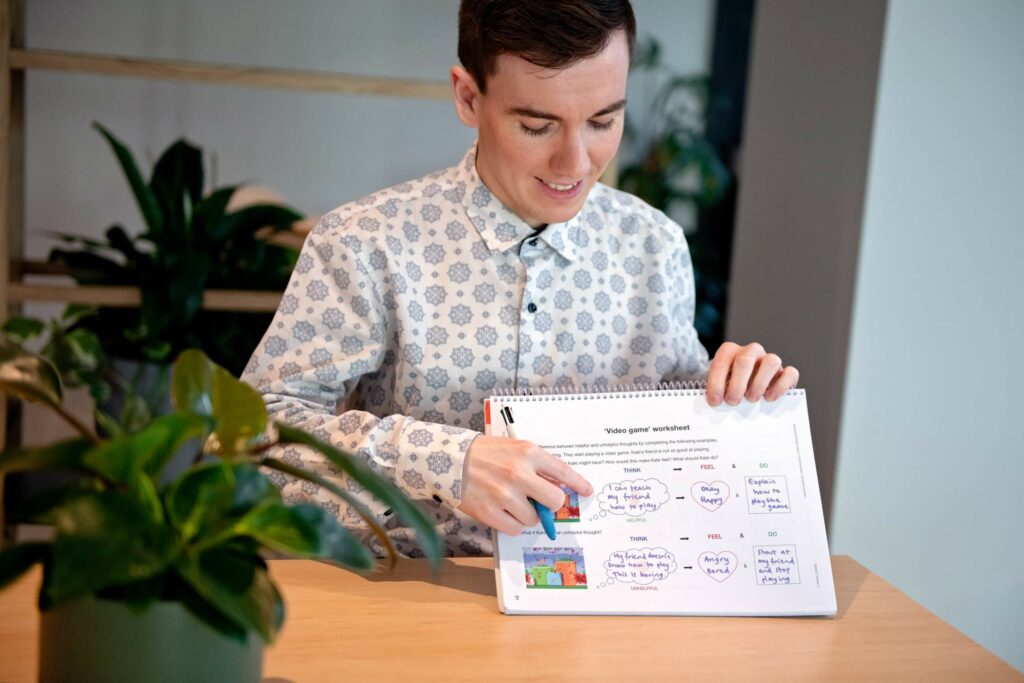
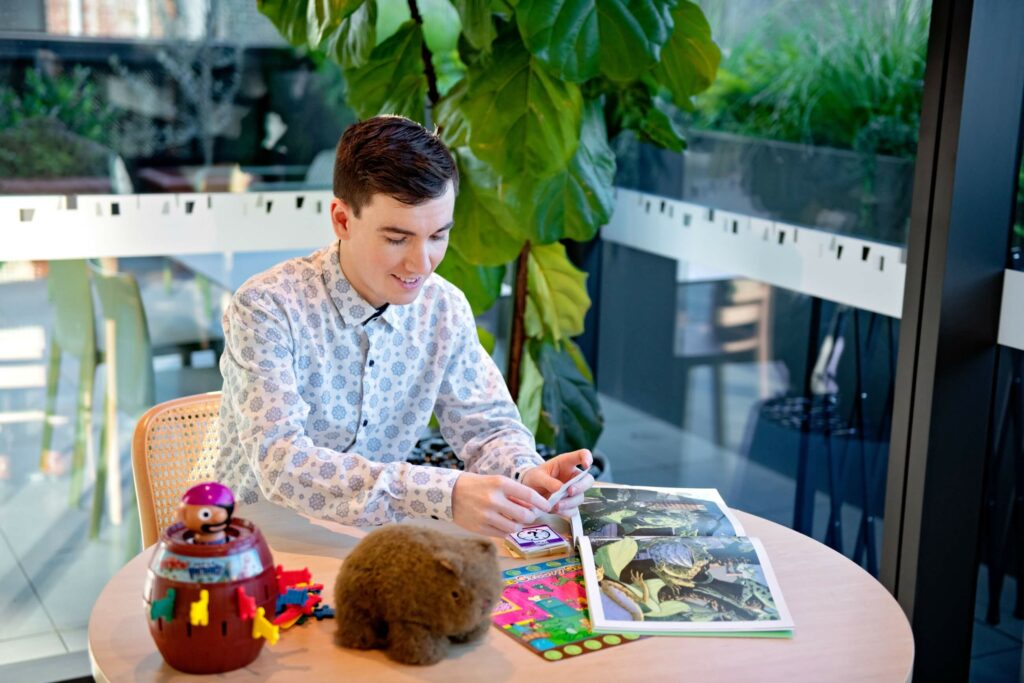
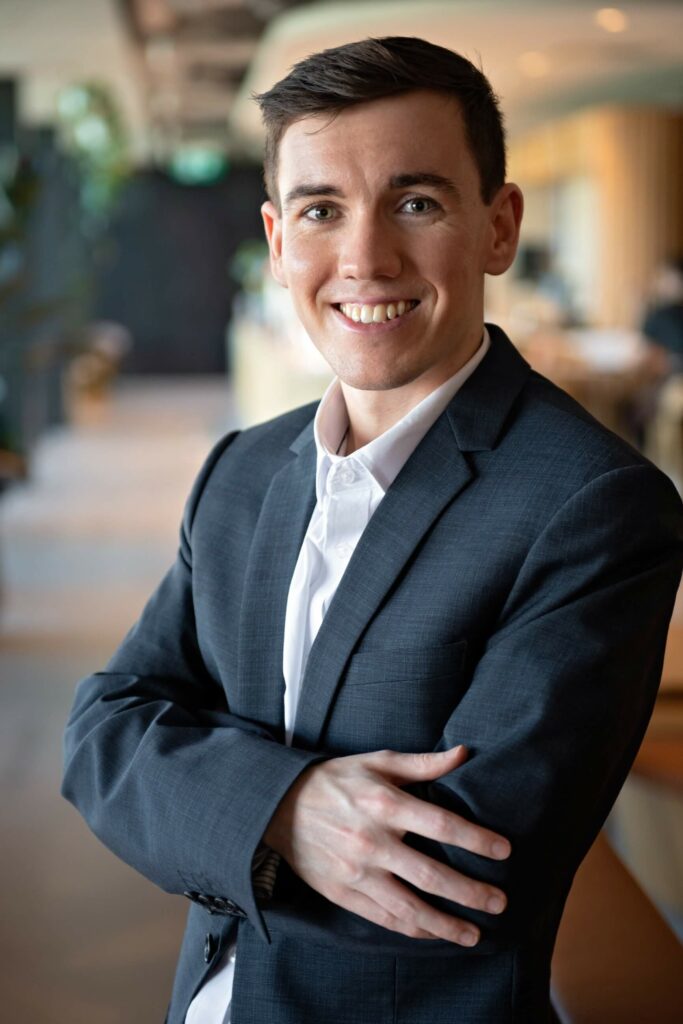
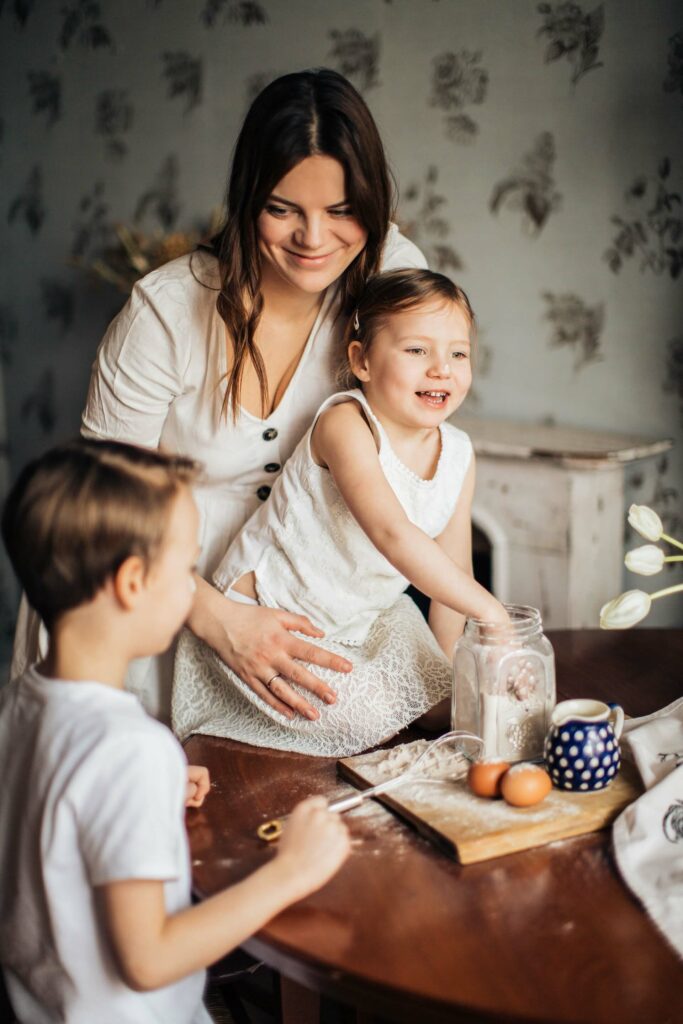
Allied health assistants are not a replacement for your child's therapist. They are an important part of the team who work together to support your child. The therapist will continue to provide the clinical interventions and the allied health assistant will support with implementation of therapy programs and other aspects of care.
The role of an allied health assistant can vary depending on the needs of the individual child and their family. They may be involved in providing therapy services, supporting families with home exercise programs, or helping to implement behaviour management strategies.
The NDIS does cover allied health assistants. This means that if you have an assistant who helps you with your daily living activities, they can be funded through the NDIS. The amount of funding you receive will depend on your individual needs and circumstances. If you need help finding an allied health assistant, the NDIS can assist you with this. They can provide you with a list of registered providers who offer this service. You can then contact these providers to discuss your needs and see if they are able to help you.
An allied health assistant (AHA) is an unlicensed health care worker who supports licensed allied health professionals, such as physiotherapists, occupational therapists and speech pathologists.
AHAs work under the direct supervision of these professionals and perform tasks that do not require a licence, such as administrative tasks, clinical tasks and patient education.
In order to become an AHA in Australia, you must have completed an accredited AHA training program. These programs typically take 12-18 months to complete and are offered at both the certificate III and diploma level.
Ideally, daily practice with your child will be required. Three practice sessions per week would be considered a minimum. Without sufficient practice your child is unlikely to progress in skill development and in the long term this may in turn lead to a decrease in motivation.
Practice should focus on the specific goals and materials that have been set in therapy sessions by your child’s therapist and allied health assistant. Other forms of practice, such as incidental practice are not likely to be as effective.
In order for your child to develop and extend new skills, feedback on practice attempts is required. This feedback should typically be delivered as labelled praise. Labelled praise will specifically let your child know what was correct about the attempt and will provide motivation and encouragement to keep trying.
As the focus of the service is on training and supporting you, you are required for all therapy appointments. If you are unable to attend, please ring 03 413 992 86 or email [email protected] as soon as possible.
